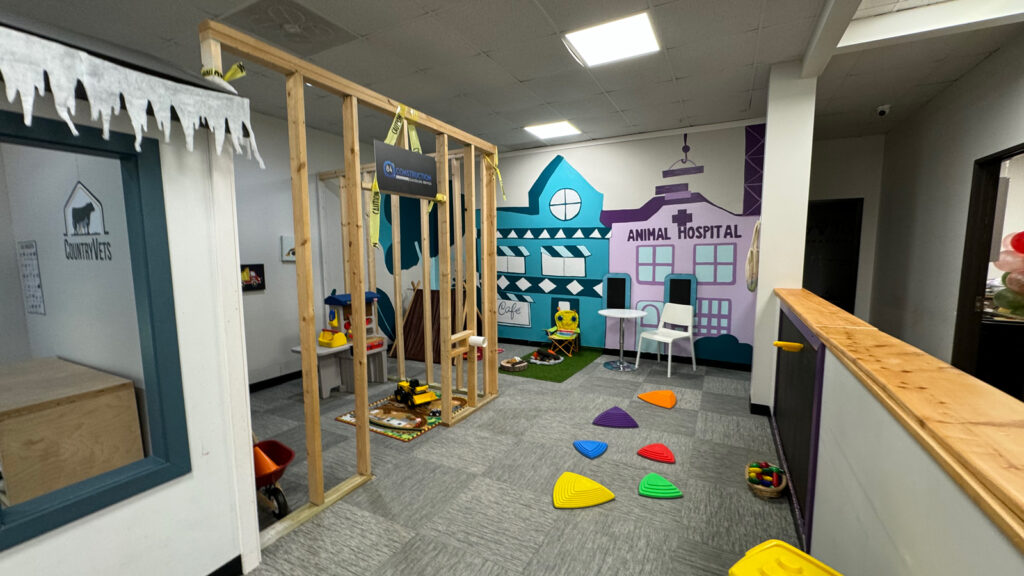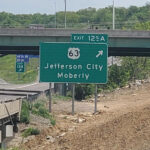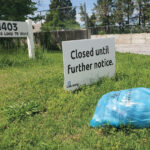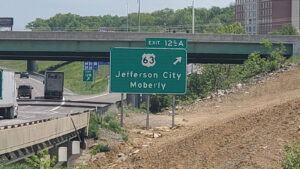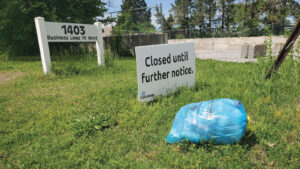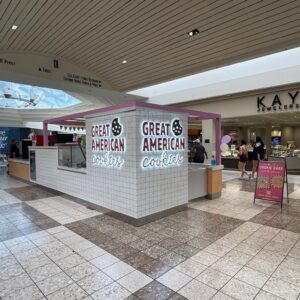Revolving Loan Fund helps launch mid-Missouri businesses.
In the wake of the COVID pandemic, Jayci Gesling noticed a community need.
“Coming out of COVID we met a lot of families with children who are 2 who hadn’t gone anywhere,” Gesling said. “They were really hungry for places to go.”
Gesling recognized the need for a safe, sanitary space where families could learn, grow, and connect. While most indoor play areas in Columbia focused on gross motor skills and catered to older children, the region lacked options for families with younger children who weren’t quite old enough to run with the big kids. Gesling envisioned a business that could provide joyful play, while also allowing caregivers to connect.
“Parents were really looking for a tribe,” Gesling said. “They were looking for people their age.”
Gesling set out to open Tiny Play Café, an indoor play space and coffee shop dedicated to young children and their parents. As Gesling began to work with Central Bank and the Missouri Women’s Business Center to secure financing, she was introduced to the Revolving Loan Fund, a program that finances around 30 percent of a project, with the bank taking on 60 percent and the borrower contributing 10 percent.
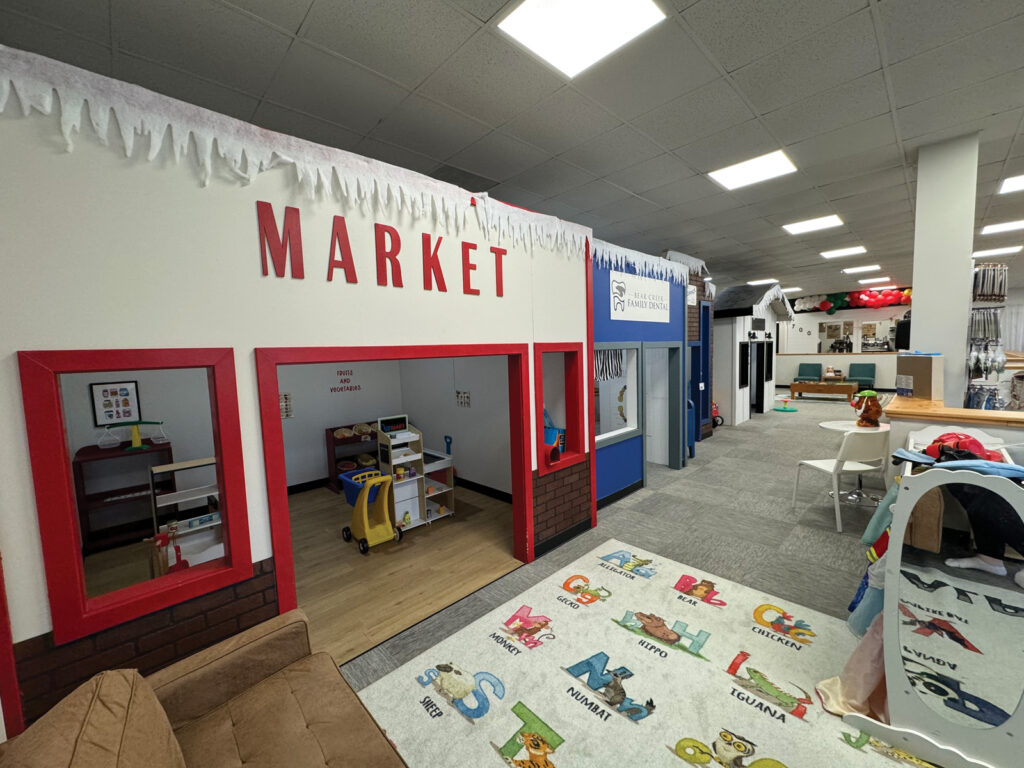
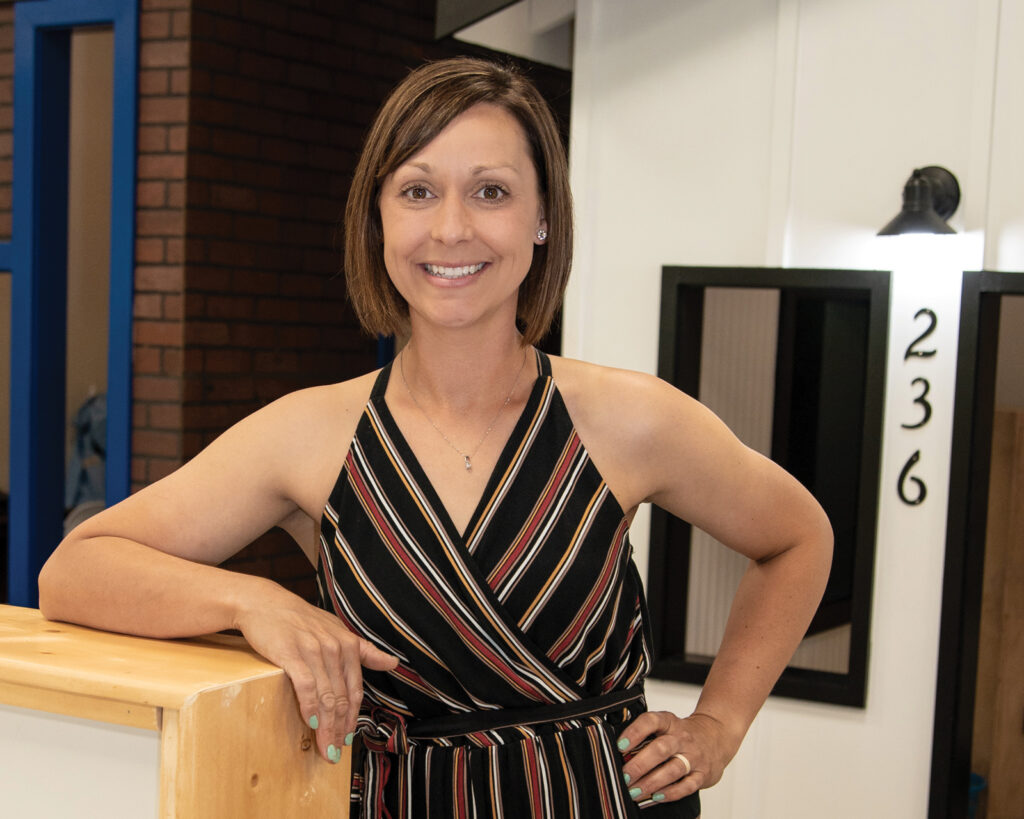
“It was a great option because it was such a great interest rate and the interest rates were locked,” Gesling explained. “It was a wonderful source of local funding that propelled us forward.”
David Bock serves as executive director of the Mid-Missouri Regional Planning Commission (MMRPC), an association of local governments serving Boone, Callaway, Cole, Cooper, Howard, and Moniteau counties. Bock said in an email that the commission established the fund in 2021 in partnership with Regional Economic Development, Inc. (REDI) and the Columbia Chamber of Commerce in response to community need. All three organizations contributed local match funding to the project, which they leveraged into a $1.45 million grant from the U.S. Economic Development Administration (EDA).
“Essentially, through our conversations with economic development stakeholders in the region we identified a need and the RLF is our effort to address that need,” Bock wrote.
COVID-19 factored into the establishment of the fund, as well. Creating an RLF typically requires providing a dollar of local match for every dollar of federal money awarded by EDA.
Raising that much local funding can be challenging, Bock pointed out.
“With the CARES act we had an opportunity to reduce that local match level, which made it much more attainable for us to create our RLF,” he wrote.
Loans range from $25,000 to $250,000. Borrowers receiving funding through the RLF are also required to secure financing through a traditional lender. If the project can be completed without the RLF, that’s still the ideal scenario, Bock wrote, but the RLF is available to help fill the gap when a bank believes in a local entrepreneur and their business plan but can’t make the deal work due to lack of collateral or other factors.
“We can step in with the RLF and finance part of the project while the bank finances another portion of the project,” Bock wrote. “Essentially, we are reducing the bank’s risk. The fund is designed to get a borderline ‘no’ from a bank to a ‘yes.’”
“Pastapreneur” Shelly La Fata grew her farmers market stand into a fast-casual Italian restaurant and market through a partnership between Central Bank of Boone County and the RLF.
“Together they helped fund the build-out of a new restaurant and kitchen, plus gear to improve our Columbia Farmers Market booth,” La Fata, owner of Pasta La Fata, said in an email.
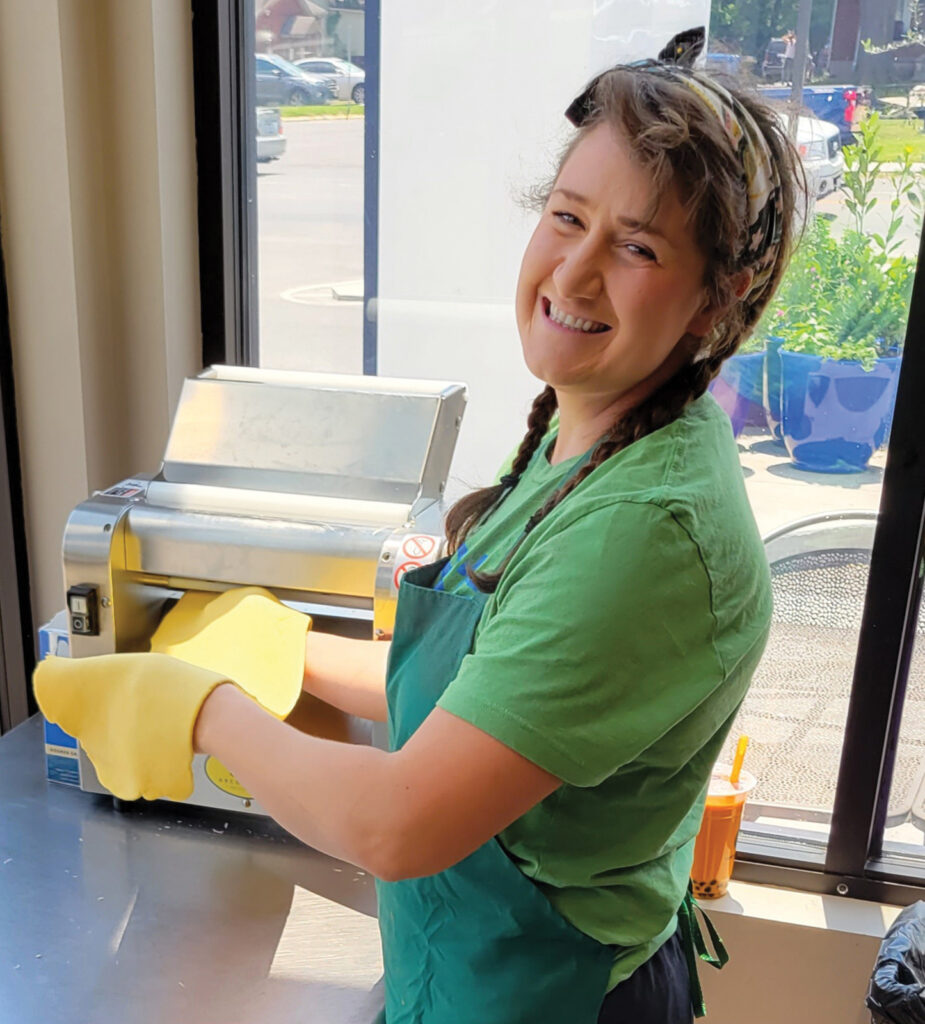
Together they helped fund the build-out of a new restaurant and kitchen, plus gear to improve our Columbia Farmers Market booth.
Shelly La Fata
The RLF accepts applications from private businesses and nonprofits in the six counties served by the MMRPC. The loan review committee includes representatives from all six counties.
“We meet virtually and always ask our applicants to attend. This gives our loan applicants a chance to tell their story and show the vision they have for their business,” Bock wrote. “It also gives our loan committee the opportunity to ask questions and go a little deeper than the information submitted in the application.”
For Gesling, whose business opened in May 2022, the local aspect of the funding was especially important. She appreciated prompt responses to her questions and feedback from the review committee.
“I felt like I had people who believed in what I was doing from the very start,” Gesling said. “They have a vested interest in seeing the community thrive. They want to see the community around them flourish.”
As of February 6, the RLF had closed on seventeen loans totaling $1,496,013. An eighteenth loan was on track to close in late February, which would add another roughly $104,000 to that total.
Other Boone County projects include Scooter’s Coffee in Ashland, Reclaimed Book and Bean, Hallsville Heroes, and Turn the Page Child Development Center. Projects receiving funding outside Boone County include Boonville Chiropractic, Grit Fitness and Callaway Printing in Callaway County, and Cold Cocked Frozen Liqueurs in Jefferson City. Bock credits partnerships and support from the Missouri Women’s Business Center, Enterprise Development Corporation, the Columbia Chamber of Commerce and REDI for the fund’s success.
The RLF currently has $300,000 available to lend in the fund and is actively taking loan applications.
“The fund operates on those initial borrowers paying back the capital and interest on those loans,” Bock said. “As we receive more money in from those loan payments, we lend it back out to other businesses … hence ‘revolving loan fund’ that keeps revolving here locally.”
Bock noted that the RLF benefits both local entrepreneurs and the broader community.
“These are pride points for our communities and improve the quality of life in our communities immensely,” he added.
For more information about the Revolving Loan Fund, visit the Mid-Missouri Regional Planning Commission’s website at midmorpc.org
